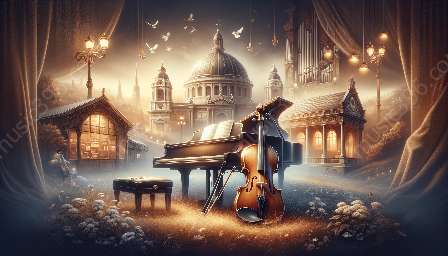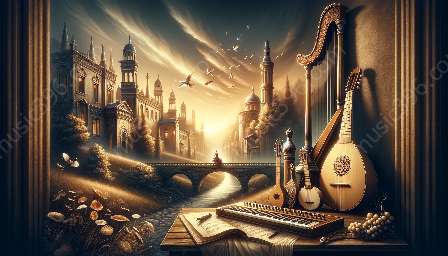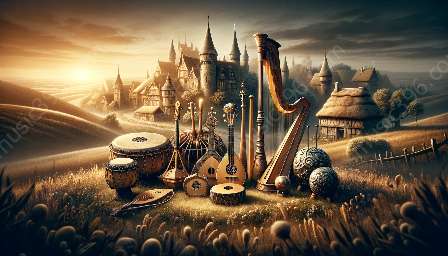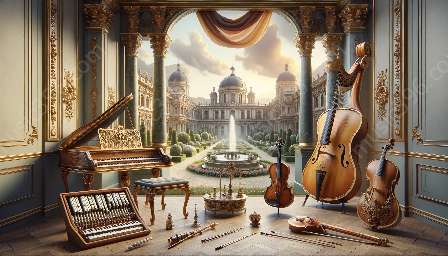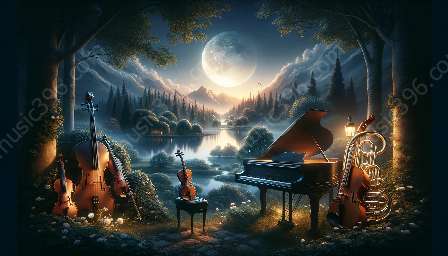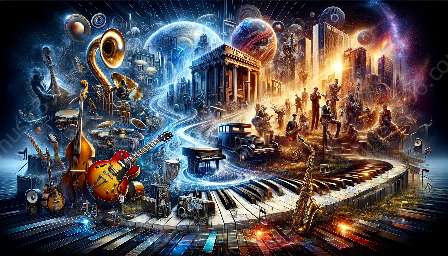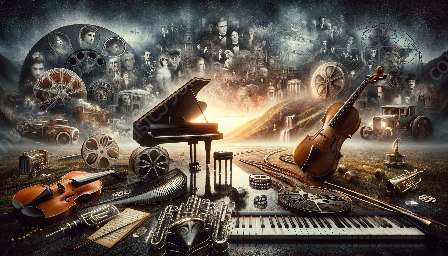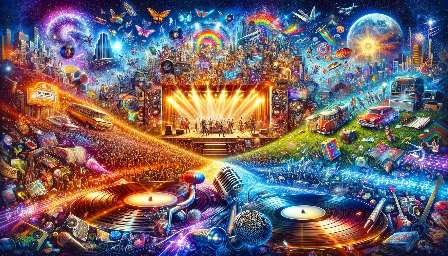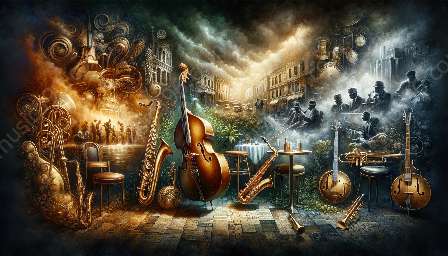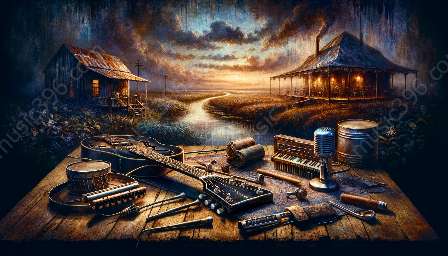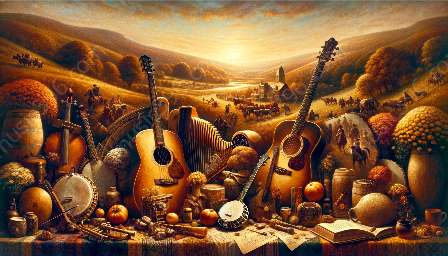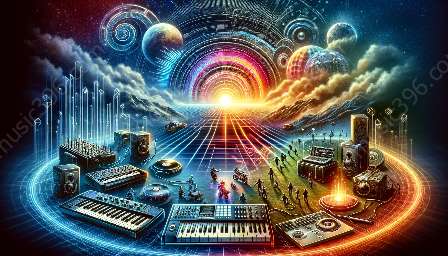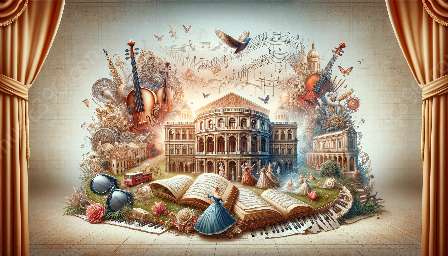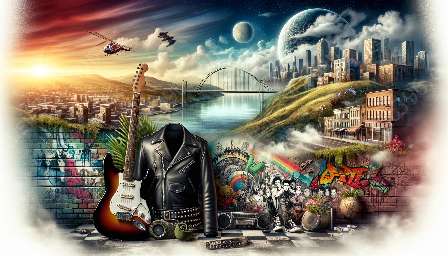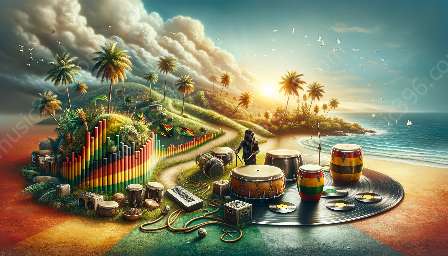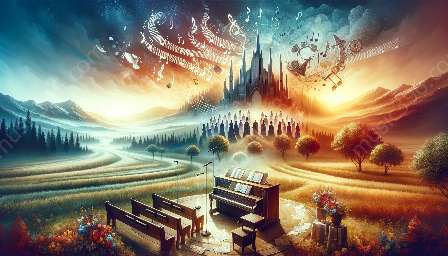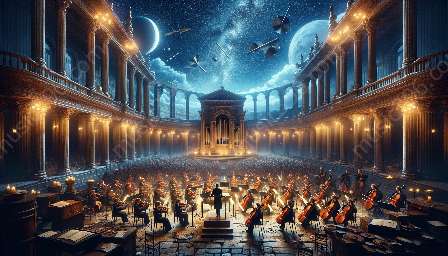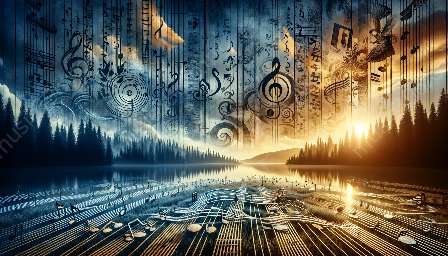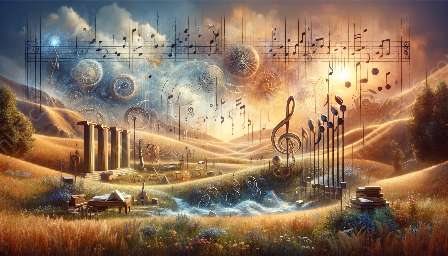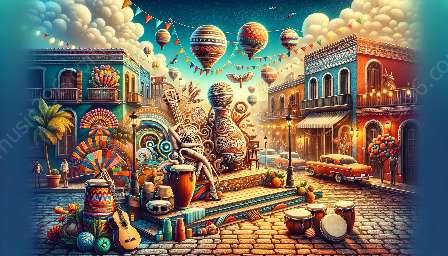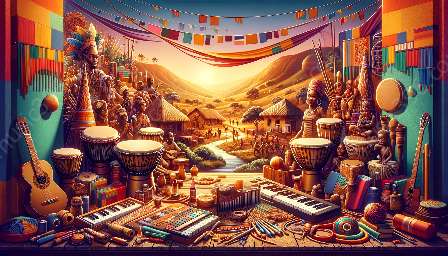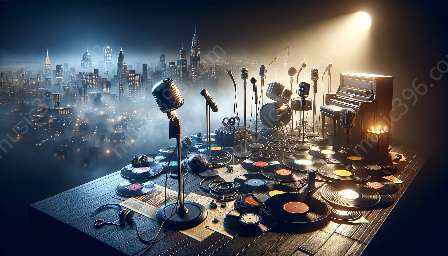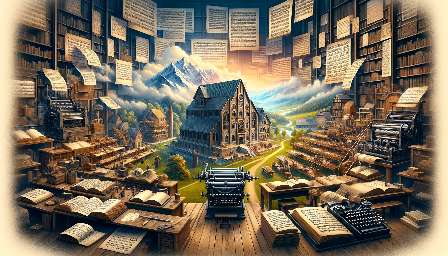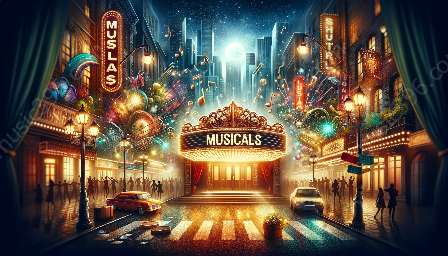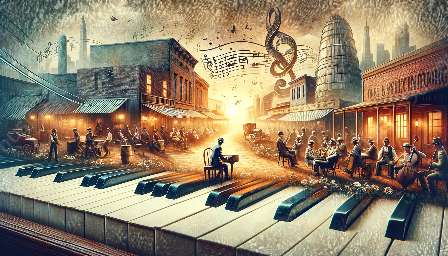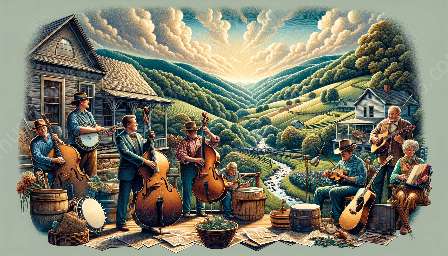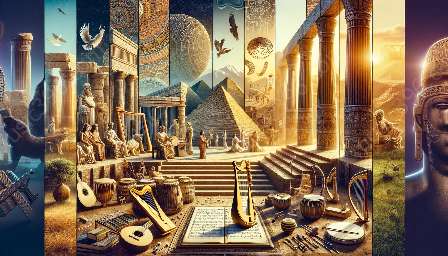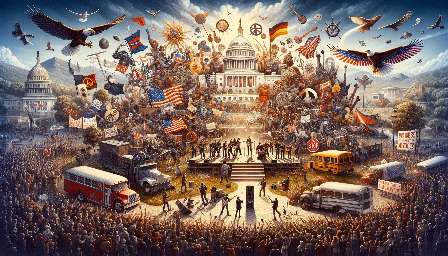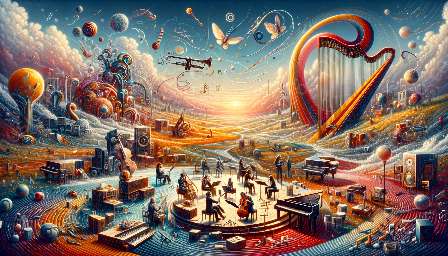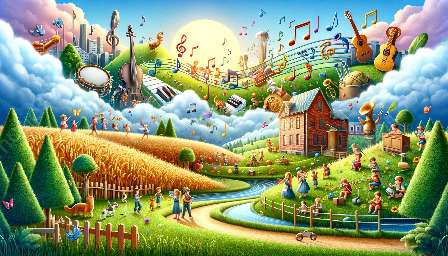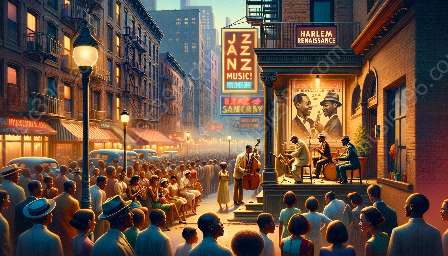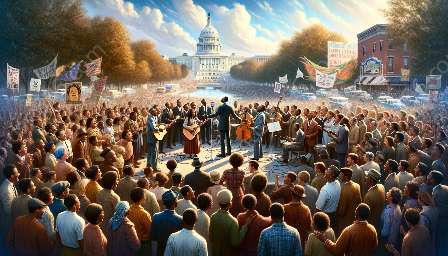During the Baroque period, opera underwent a significant transformation, marking an important era in the history of music. This transformation impacted various aspects of opera, including music, composition, performance, and staging, setting the stage for the future of opera. In this topic cluster, we will delve into the evolution of opera during the Baroque period and its influence on the history of music.
Origins of Opera Music
The roots of opera music can be traced back to the late 16th century in Florence, Italy. The Florentine Camerata, a group of intellectuals and musicians, sought to recreate the ancient Greek drama, which led to the development of monody – a solo vocal style accompanied by simple chordal harmonies. This marked the beginning of the transition from the Renaissance to the Baroque era, laying the groundwork for the transformation of opera.
Key Characteristics of Baroque Opera
Baroque opera is known for its dramatic and emotional portrayal of stories through music, incorporating intricate vocal ornamentation and rich instrumental accompaniment. The libretto, or the opera's text, played a crucial role in conveying the narrative, often intertwining poetry and theatrical elements with the music.
Additionally, Baroque opera introduced the concept of the aria, a solo vocal piece with orchestral accompaniment. Arias became a central feature, allowing composers to express the innermost thoughts and emotions of the characters through music. The recitative, a speech-like singing style, was also a distinctive element of Baroque opera, serving as a bridge between the arias to advance the plot.
Innovation in Composition and Performance
Composers such as Claudio Monteverdi, Alessandro Scarlatti, and George Frideric Handel played pivotal roles in shaping the evolution of opera during the Baroque period. Monteverdi's groundbreaking works, including 'L'Orfeo' and 'L'incoronazione di Poppea,' exemplified the fusion of music and drama, while Scarlatti's operas showcased the development of da capo arias – a form that allowed singers to elaborate and embellish the music in the repeated section.
Handel, renowned for his English-language operas, contributed to the expansion of opera outside of Italy, introducing diverse musical styles and influences. His mastery of orchestration and melodic invention left a lasting impact on the development of opera music, paving the way for the future composers of the genre.
Evolution of Staging and Performance Practices
The Baroque period witnessed significant advancements in staging and performance practices, with the emergence of elaborate sets, costumes, and theatrical effects. Opera houses, such as the Teatro di San Cassiano in Venice, provided a dedicated platform for the performance of operas, fostering a vibrant cultural environment for the art form.
The use of machinery and stage design became integral to the visual spectacle of Baroque opera, enhancing the dramatic impact of the performances. Audience engagement and participation also became a notable feature, with the introduction of intermezzi – short musical interludes or comedic acts between the opera's acts, adding a lighthearted contrast to the main storyline.
Legacy and Influence
The transformation of opera during the Baroque period left an indelible mark on the history of music, shaping the subsequent development of opera in the Classical and Romantic eras. The innovations in musical expression, storytelling, and theatrical presentation set a precedent for future generations of composers and performers, laying the foundation for the diversity and richness of opera music we experience today.

